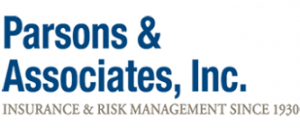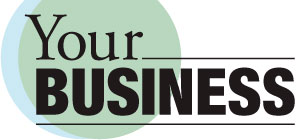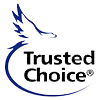Legislative changes that may affect your business
Legislative changes that may affect your business
If you remember the classic Schoolhouse Rock jingle about a bill becoming a law, then you remember the details leading up to a piece of legislation being signed into an actual law. However, the song ends before the law impacts the workplace—at which point it may require actions from an employer or business owner.
The New York Legislature enhanced several existing laws regarding workplace discrimination. Gov. Andrew M. Cuomo signed the Pay Equity Act—as part of the USA Women’s World Cup celebrations—to expand the classes of people protected from being paid less than other employees for equal or substantially similar work. This revised the existing law, N.Y. Labor Law Section 194(1) and (2) by using the term “protected class” instead of “sex,” thus expanding the law to apply to people based on age; race; creed; color; national origin; sexual orientation; gender identification or expression; military status; sex; disability; predisposing genetic characteristic; familial status; marital status; or domestic violence victim status. The legislation also added substantially similar work, adding to the prohibition on pay discrimination for equal work, with the same exceptions for seniority; a merit system; a system that measures quantity or quality of production to determine earnings; or a bona fide factor not based on the protected class status. This law became effective Oct. 8, 2019.
Employers in New York can no longer ask job applicants, or current employees who are up for a promotion, questions regarding their salary or wage history. While an applicant may voluntarily disclose this information, it cannot be required, requested or sought out by an employer in the hiring process.
New York also expanded existing consumer protection law to require all businesses that retain private information about New York residents on computerized data systems, to implement and maintain reasonable safeguards to protect the information. Businesses that meet the definition of a compliant regulated entity, including any entity required to comply with Title V of Gramm-Leach Bliley, HIPAA or the New York Cybersecurity Requirements for Financial Services Companies, will be considered compliant with this requirement. The legislation also expands the notice requirements to include situations in which access to private information occurs. The court may fine an entity—between $5,000 and $20,000 per occurrence with a total limit of $250,000—for knowingly or recklessly failing to meet the statutory requirements. Businesses have until March 20, 2020, to develop their safeguards and data security program. The other sections of the statute regarding notice of unauthorized access go into effect Oct. 23, 2020.
Outside New York, New Jersey and Connecticut have both passed recent changes to their minimum wage laws and paid family leave programs. New Jersey and Connecticut will both join New York in working toward a $15 an hour minimum wage over the coming years, following a prescribed schedule of regular wage increases until it reaches $15 an hour. While New Jersey already had a paid family leave program, it has been expanded to 12 weeks from the previous six weeks with job protection for an employee at a business with 30 or more workers. Connecticut’s program will provide at least 12 weeks of available leave for all workers in the state. All leave taken through the program will be job protected.









Leave a Reply
Want to join the discussion?Feel free to contribute!